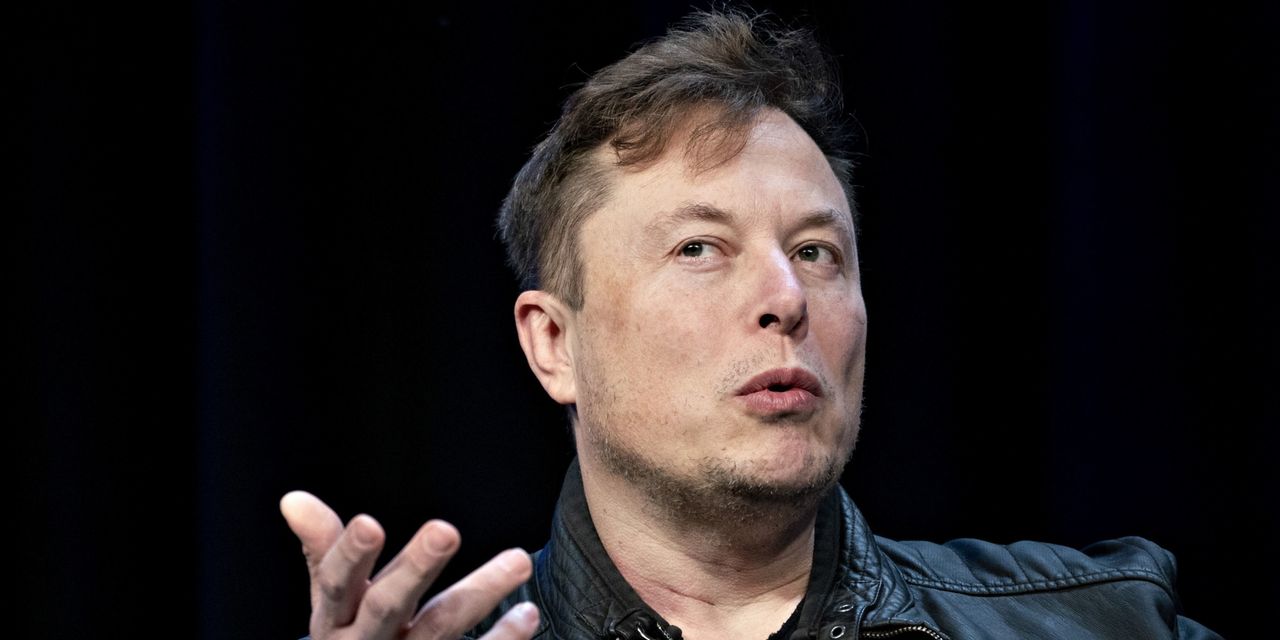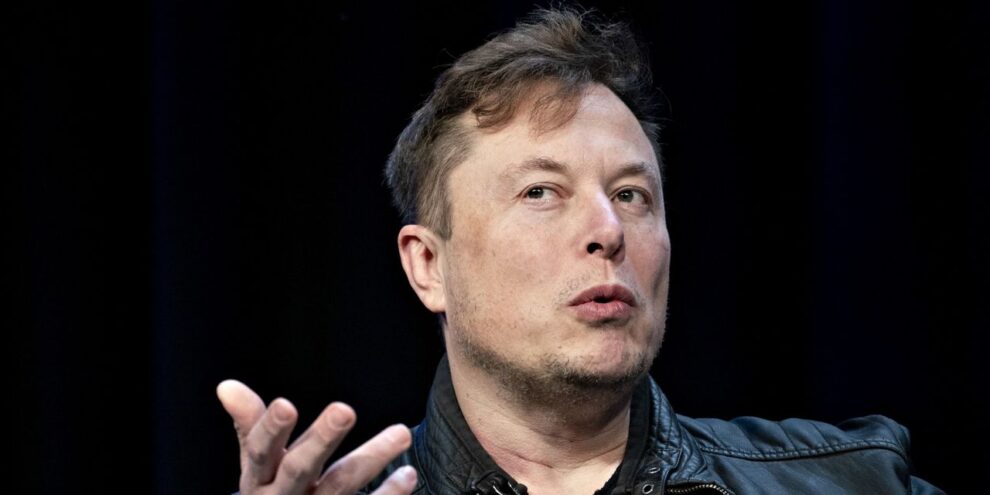
““Honestly, I would just can this whole bill.” ”
That’s Tesla Inc. TSLA, -0.59% Chief Executive Elon Musk, when asked about the Biden administration’s $2 trillion spending bill that would include financial incentives for the purchase of some electric vehicles.
Musk was asked about that, as well as the recently passed infrastructure bill, on Monday night at the WSJ CEO Council Summit.
The spending bill, which Senate Democrats hope to pass by Christmas, would fund EV charging stations and provide tax credits of up to $12,500 for electric vehicles that are union-made in the U.S. Notably, Tesla factories are not unionized, and Tesla has been absent from much of the Biden administration’s EV agenda.
“It might be better if the bill doesn’t pass,” Musk told the Wall Street Journal’s Joanna Stern on Monday. “I’m literally saying get rid of all subsidies … the government should, I think, just try to get out of the way and not impede progress.”
Musk also criticized the size of the bill, saying it would increase the federal deficit to an unsustainable level.
When asked about the infrastructure bill, Musk said Tesla doesn’t really take any of it into consideration. When pressed by Stern on what critical infrastructure needs the U.S. has, Musk cited the need for improved airports and highways, and suggested urban tunnels to reduce congestion. Musk, of course, is also founder of The Boring Co., a tunnel-digging company whose services he has pitched to multiple U.S. metro areas, including Las Vegas, Los Angeles, Chicago and Fort Lauderdale, Fla., as a solution to traffic gridlock.
In the wide-ranging interview, Musk also said the upcoming Cybertruck may be Tesla’s best vehicle ever (“It will be awesome”), hinted at his future by saying no one should be CEO forever (“It would be nice to have a bit more free time on my hands as opposed to just working day and night from when I wake up to go to sleep seven days a week”), and said he splits his time about evenly between Tesla and SpaceX.
He also said his neuroscience startup, Neuralink, hopes to start human trials next year. “I think we have a chance with Neuralink of being able to restore full body functionality to someone who has a spinal-cord injury,” he said.












